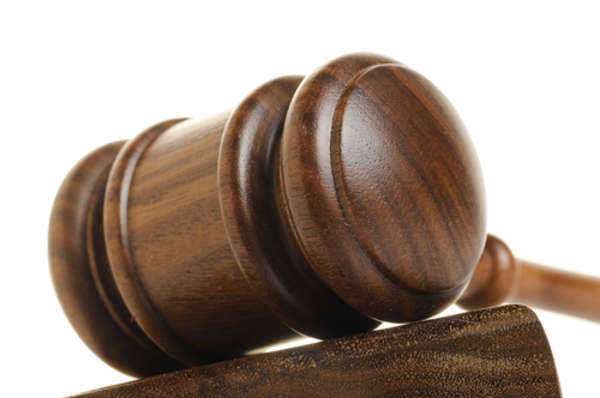Fourth Amendment
The Fourth Amendment to the United States Constitution is a cornerstone of American law and protects citizens against unreasonable searches and seizures. It was ratified in 1791 as part of the Bill of Rights, which was added to the Constitution to protect individual rights. The Fourth Amendment remains a vital component of American law and limits the power of law enforcement agencies to conduct searches and seizures without a warrant or probable cause.
The Fourth Amendment provides several crucial protections for citizens. It states that "The right of the people to be secure in their persons, houses, papers, and effects, against unreasonable searches and seizures, shall not be violated, and no Warrants shall issue, but upon probable cause, supported by Oath or affirmation, and particularly describing the place to be searched, and the persons or things to be seized."
This means that law enforcement agencies cannot conduct a search or seizure without first obtaining a warrant, which must be based on probable cause. Probable cause is a legal standard that requires police to have a reasonable basis for believing that a crime has been committed or that evidence of a crime will be found.

The Fourth Amendment has been interpreted by courts in a variety of contexts. For example, it has been used to protect individual rights in cases involving traffic stops, drug searches, and surveillance of private property. It has also been used to challenge the government's use of technology, including GPS tracking, wiretapping, and facial recognition technology.
One of the most contentious areas of Fourth Amendment law has been the use of "stop and frisk" practices by law enforcement agencies. These practices involve officers stopping individuals on the street and conducting a brief search for weapons or contraband. Critics argue that stop and frisk practices are a violation of the Fourth Amendment, as they do not require probable cause and can lead to racial profiling and other forms of discrimination.
Despite ongoing debates and controversies, the Fourth Amendment remains an essential component of American law and society. It reflects the Founding Fathers' concern for individual rights and protection against government overreach. The Fourth Amendment has been used to promote fairness and justice in the criminal justice system and has been a powerful tool for individuals seeking to protect their privacy and freedom.
In conclusion, the Fourth Amendment to the United States Constitution is a crucial component of American law and society. It protects citizens against unreasonable searches and seizures and limits the power of law enforcement agencies to invade individual privacy without probable cause. While the Fourth Amendment continues to be the subject of ongoing debates and legal battles, it remains a critical safeguard for American citizens and an essential component of the American legal system.